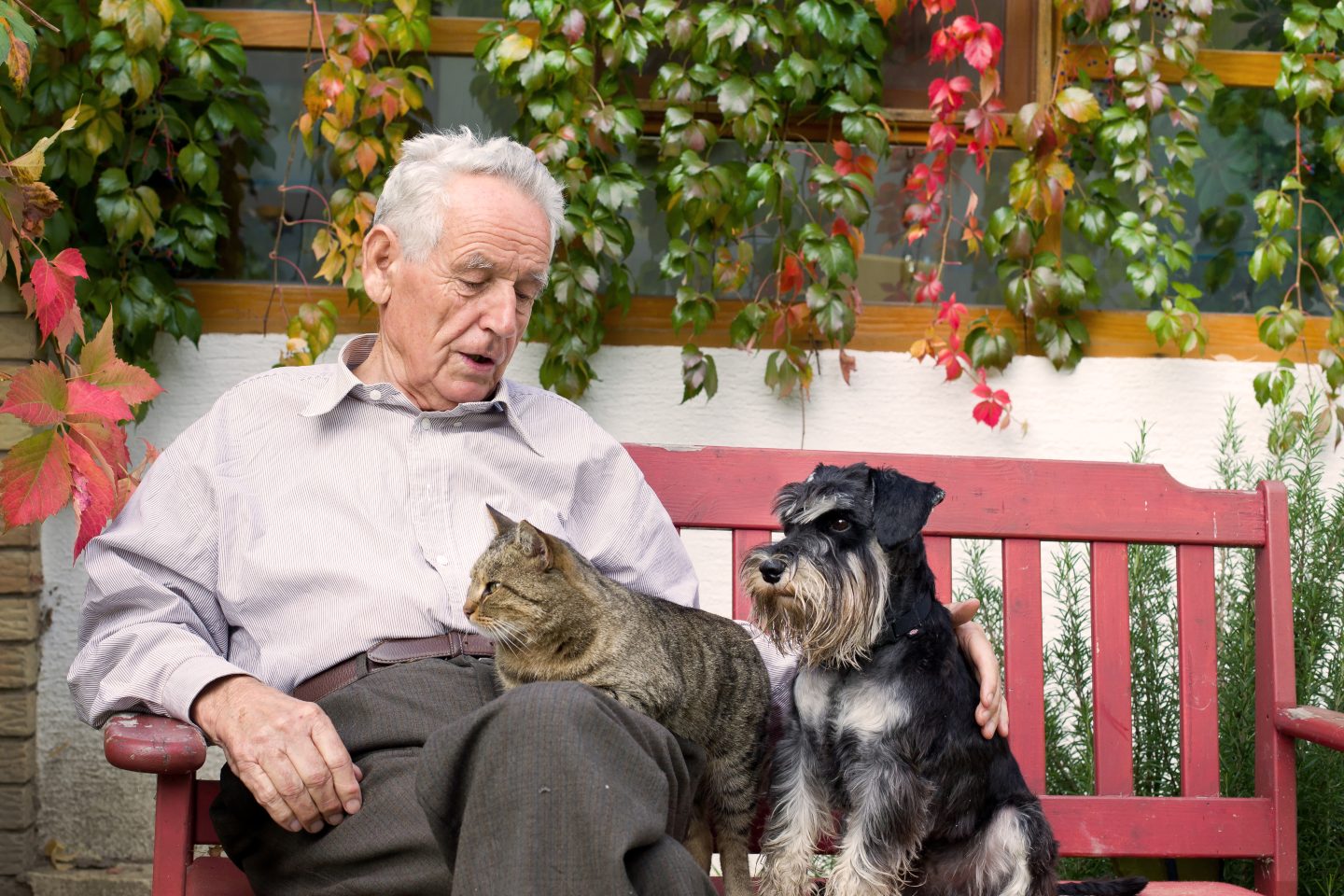The pandemic is weighing heavily on those tasked with caring for vulnerable older Australians.


Often when writing this column, I find myself distilling difficult matters into simple ones; after all, I have a word limit and a day job.
But the world is not simple and the issues I talk about are rarely so black and white. There is always nuance, a million shades of grey.
So, while I’ve been advocating for a sector caring for vulnerable people, there is another view I have not been giving life to; one dangerous to speak but one held by enough people working in the sector to warrant attention.
This is the idea that our nursing homes are the last stop for most of their residents and that a good life and a good death (irrespective of the cause) should be the ultimate and overriding objective.
Recently I received the letter below from a senior executive in the aged care sector.
This person is a dedicated person with a genuine passion for aged care and the people they care for.
Yet they feel exhausted and deflated by the focus on avoiding a COVID outbreak at any cost, including a good life and a good death.
Below is an edited version of their correspondence with me.
I am a health professional. Inherently, my primary focus is people’s quality of life in their final years, and I am surrounded by others who work to the same end.
However, the lack of balance in the conversations around COVID-19 management in residential aged care confounds me.
People rarely choose to come into residential aged care.
They come because they need to; they are often frail, experiencing cognitive decline or dementia, and dissatisfied with their quality of life.
Often, they share openly that they have reached a stage in their life where they are ready to die.
While it’s a difficult conversation – both for residents and families – usually there is an agreement that there will be no heroics.
Whether it be an acute medical event, a dose of the flu or anything in between, there is agreement that the end of life will be supported in a way that is respectful and enables a good death. Something happened with the advent of COVID.
There is now an overarching judgement by media, industry, government and community if a resident contracts or dies with COVID in residential aged care.
The judgement is aggressive and widespread and impacts the reputation of the aged care home, the organisation, the way the staff of that organisation are viewed and, most significantly, the way those staff feel about themselves and the industry.
It impacts the weight of guilt and emotion that families feel at a diagnosis (a consequence that may have occurred no matter where the resident was living).
As a result of this judgement, extraordinary lengths are being taken to stop the spread of this virus.
This, in turn, affects residents’ quality of life while living with us.
They are isolated from friends and family due to limited visitations (resulting in a decline in physical and mental health).
If they do contract the virus, they will spend many of their waking hours alone. Death, should it come, is not the good death experience that had been planned and hoped for.
I am not suggesting the spread of COVID shouldn’t be managed. However, I am concerned that our efforts to do so are not balanced by the impact on the quality of life and death for our most vulnerable, and the demoralising impact on a workforce already inadequately compensated and in short supply.
We need more balance in this conversation to acknowledge that quality of life, a good death and an engaged and caring workforce are as important as preventing the spread of COVID.
In essence, we need to be doing what we have always tried to do: supporting a good life and, when the time comes, a good death, no matter what the cause.
- Amber Crosthwaite is a commercial lawyer specialising in seniors living, aged care and disability.












